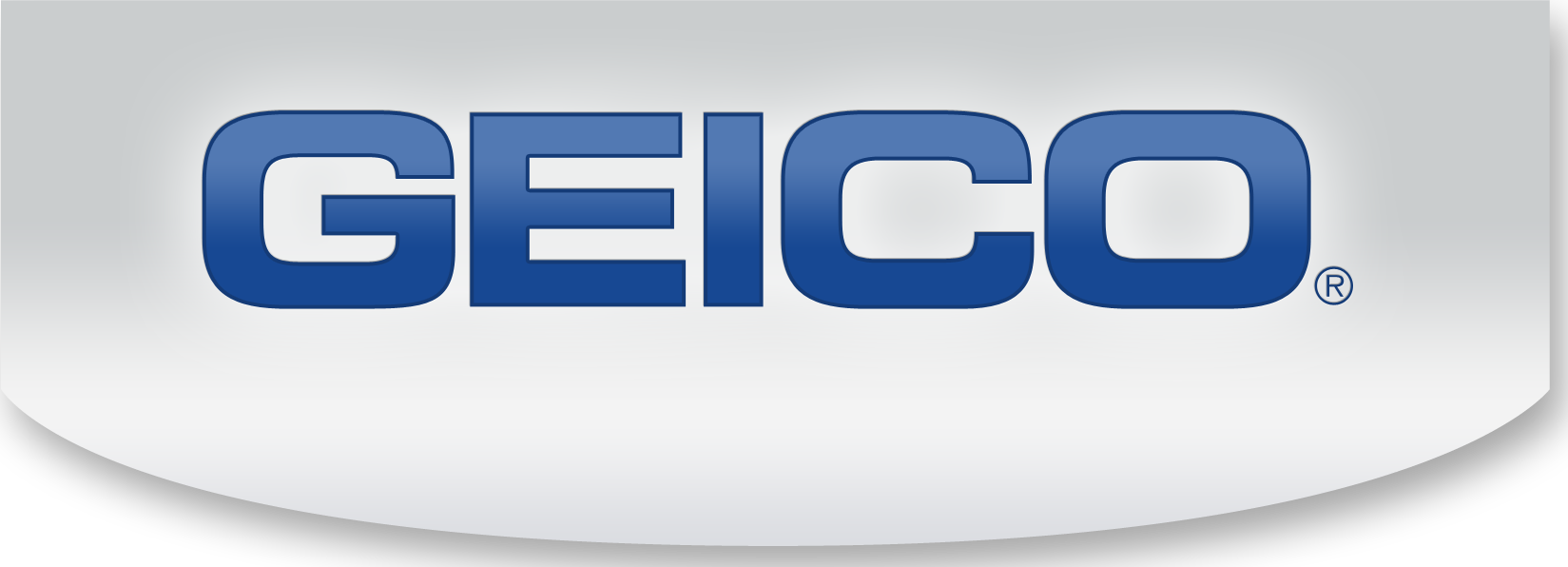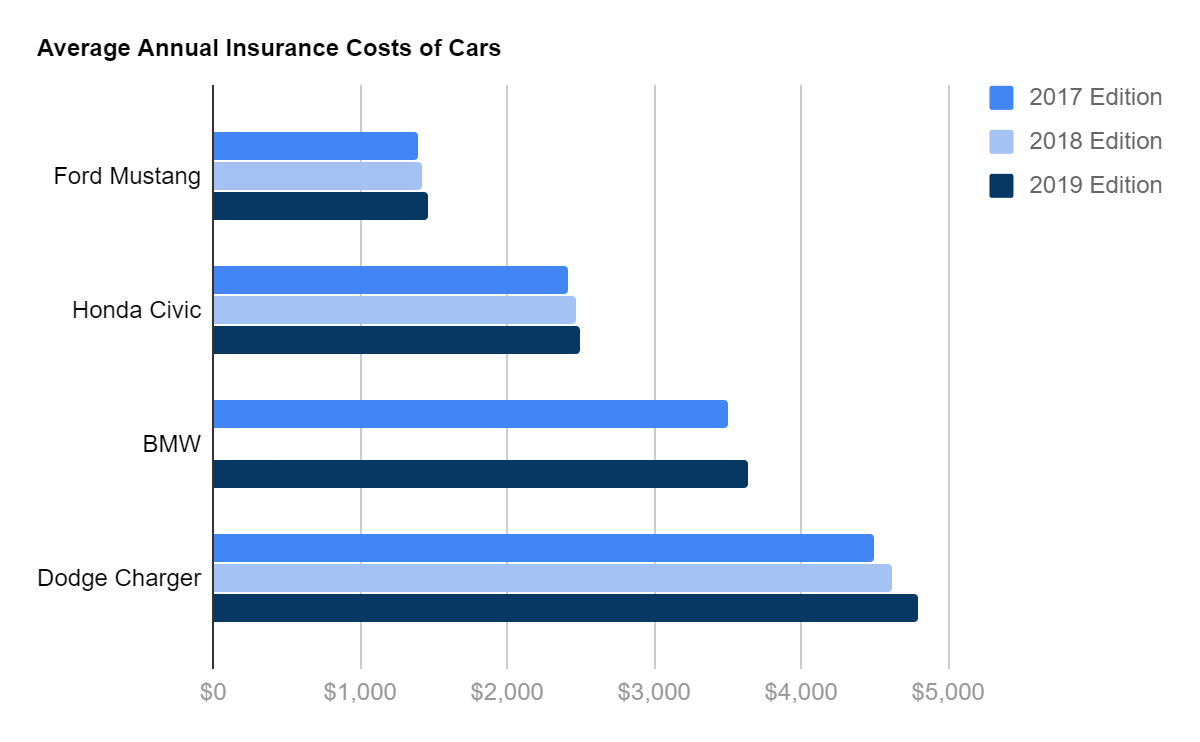
Sometimes, healthcare definitions can be confusing. This information is intended to assist you in understanding the process.
An EPO (exclusive provider organization) is a combination of features from a HMO or a PPO. This plan stores electronic records of your medical information. This allows you to only see providers within your network. If you have to seek care outside the network, you'll be charged more. You might also be charged a higher cost sharing.
A health maintenance programme (HMP) covers all medical expenses. This includes deductibles, coinsurance, as well as copayments. Unlike a PPO, however, your benefits are not based on your network. Your insurance will only cover the cost of services rendered if you visit a provider that is not part of your network.
The Patient-as-Partner Approach is a way to engage patients in the healthcare process. It acknowledges the value of the patient’s experiences as much as the HCP’s scientific knowledge. It also encourages patients and others to become involved in their care. The patient can, for example, get a second opinion from a doctor or consult with one over the phone.

Electronic Medical Records are computerized systems that store all information about you. These records are used to record and monitor your healthcare, and include a copayment and deductible.
Behavioral Healthcare refers specifically to a range treatment options for substance abuse or mental illness. These options include counseling and medication administration. You can find ambulatory or hospital-based behavioral healthcare.
Electronic prescribing is a way for pharmacies to electronically share patient information. Electronic prescribing allows prescription information to be transferred electronically from a doctor's practice to a pharmacy via computerized systems.
Your claims may be reviewed by insurance companies before being paid. If your claim meets the requirements, the insurer will reimburse. Some insurance plans require you to precertify or authorize before you can receive specific procedures.
HIPAA, also known as the Health Information Privacy Act (or HIPAA), seeks to establish security standards that allow for the safe exchange of sensitive data. It is enforced through the Department of Health and Human Services and Centers for Medicare and Medicaid Services.

The Affordable Care Amendment (ACA) requires that most health plans offer four basic levels coverage. These levels will vary depending on the income of your household, the number of dependents and the amount of government assistance.
Your annual healthcare deductible is the maximum you can pay for each year. For example, if your healthcare costs are high due to an accident or major illness, your deductible can limit how much you can spend on healthcare before your insurance starts. The deductible does not cover non-covered services like visits to doctors or hospitals that are not part of your insurance network. Your deductible does not apply to hospitalizations. It only covers the cost of care you receive while you are there.
Lastly, if you have a health savings account (HSA), you can use your funds to cover any healthcare expenses that your health plan does not cover. HSAs are tax-advantaged savings accounts that can be used to pay for healthcare services that are not covered by your health plan.